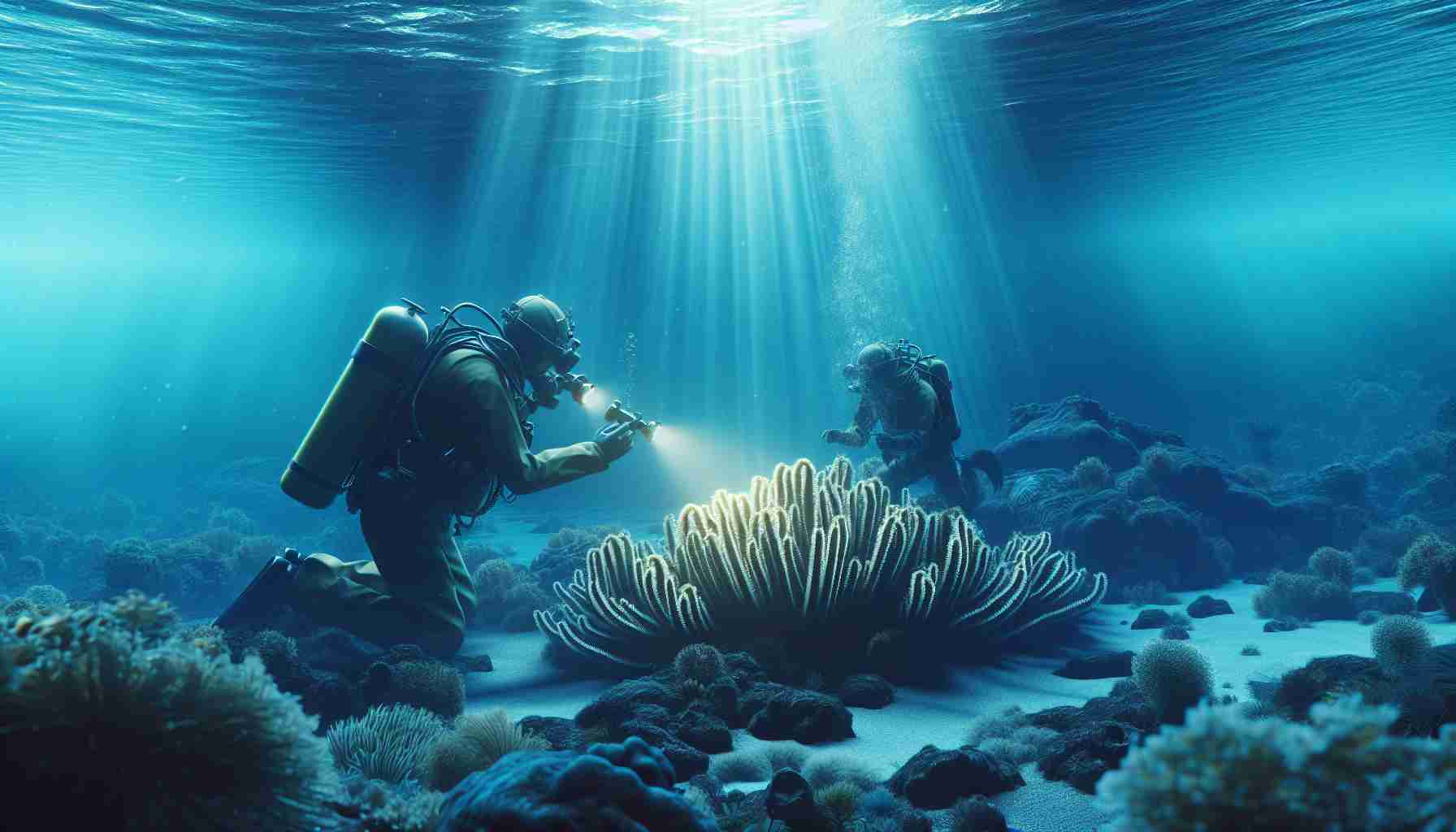In a groundbreaking study, scientists have unveiled fascinating insights into the mysterious depths of the ocean. This recent research has captured the attention of marine biologists worldwide due to its potential to transform our understanding of deep-sea ecosystems.
Uncovered Secrets of the Abyss
A team of international researchers embarked on a mission to explore uncharted territories of the ocean floor. Their advanced technology enabled them to reveal previously unknown species and ecosystems. The findings suggest that these deep-sea habitats are teeming with life far beyond what experts initially anticipated.
Mapping the Unknown
During their expedition, the researchers used state-of-the-art submersible vehicles capable of diving to extreme depths. This technology provided them with an unprecedented view of the ocean’s hidden wonders. Alongside discovering new species, the team observed unique geological formations, further enriching our knowledge of underwater landscapes.
Implications for Science and Conservation
These discoveries hold significant implications for both scientific research and ocean conservation efforts. Understanding these ecosystems better could lead to more effective conservation strategies, ensuring the protection of these vital parts of our planet. Scientists emphasize the importance of continuing exploration and research to fully grasp the complexities of the ocean’s depths.
This study not only pushes the boundaries of maritime exploration but also calls for a greater effort to conserve the delicate balance of marine life. As researchers delve deeper, exciting new revelations about our world’s aquatic mysteries continue to emerge.
Diving Deeper: How Cutting-Edge Research in the Abyss Could Transform Humanity
The recent unveiling of new insights into the ocean’s mysterious depths is only the tip of the iceberg in what could become a revolutionary era for technology and human understanding. While the focus is often on space exploration, the ocean, covering more than 70% of Earth’s surface, remains vastly unexplored. Here’s how the latest findings can significantly impact humanity and the development of new technologies.
Transforming Human Understanding and Technological Innovation
The advanced technology used by the researchers, including state-of-the-art submersible vehicles, is not just about observing deep-sea wonders but also about pushing technological boundaries. These submersibles must withstand immense pressure, dark environments, and inhospitable conditions, prompting innovations in robotics, materials science, and remote sensing.
One might ask: What are the broader applications of these technologies? The answer lies not only in marine biology but also in industries like oil and gas exploration, underwater archaeology, and even planetary exploration, where similar technologies could be applied to study oceans on other planetary bodies, like Jupiter’s moon Europa.
Interesting Facts and Controversies
An intriguing aspect is the discovery of unknown species in these deep-sea habitats, prompting questions about undiscovered resources that could revolutionize medicine, such as new antibiotics to combat resistant bacteria. However, this brings up the ethical controversy of bioprospecting—exploiting natural resources for commercial gain—which could endanger these fragile ecosystems.
Moreover, the rich biodiversity hints at numerous yet-to-be-understood ecological relationships, challenging scientists to rethink the evolutionary history of marine life. This leads to fascinating debates: How much do we really know about the origins of life, given that so much of the ocean remains unstudied?
Advantages and Disadvantages
The benefits of these discoveries are immense. Improved conservation strategies can safeguard the ocean’s biodiversity, ensuring the resilience of marine life against climate change. Additionally, the potential for industrial applications of deep-sea technologies holds economic promise.
Nonetheless, human activities in deep-sea exploration pose risks, such as habitat destruction or pollution, highlighting the need for strict regulations to balance exploration and preservation. This brings us to critical questions: What regulations should be in place to govern deep-sea exploration, and who gets to enforce them?
Impacts on Humanity and New Technologies
The recent discoveries underscore the ocean’s role as a new frontier for technological advancement and a critical component of Earth’s biosphere. Continuing exploration could reveal new resources for sustainable energy, such as harnessing thermal energy from oceanic vents.
In summary, the study of Earth’s final frontier is more than just an academic pursuit. It represents a crucial intersection of environmental stewardship, technological innovation, and human curiosity. Learning from the past controversies in space and terrestrial exploration, can we create a sustainable model that respects marine life while unlocking its potential for future generations?
For more insights into the world of deep-sea exploration and technology advancements, visit NOAA Ocean Exploration or check out the marine conservation approaches at Marine Conservation Institute.
